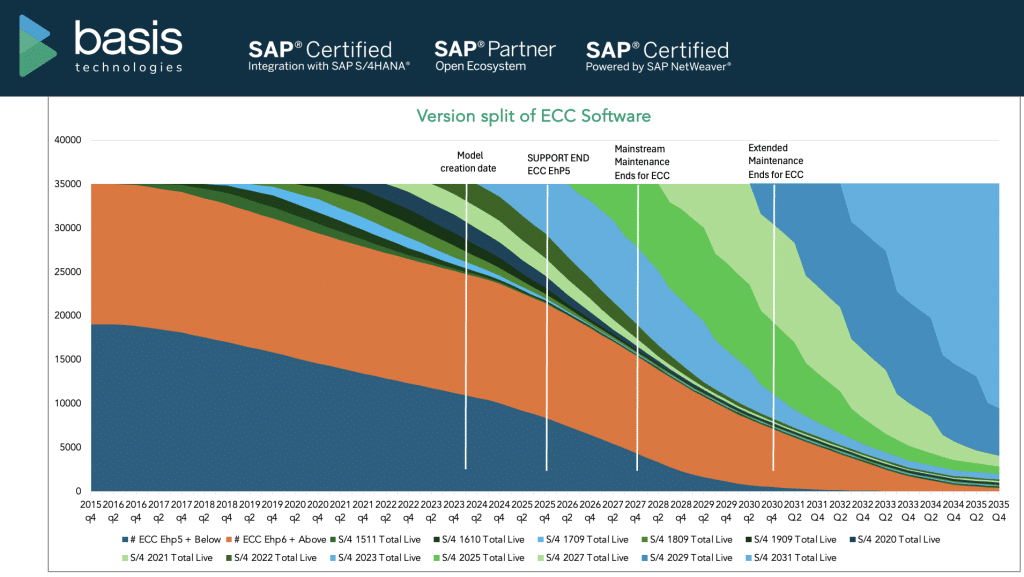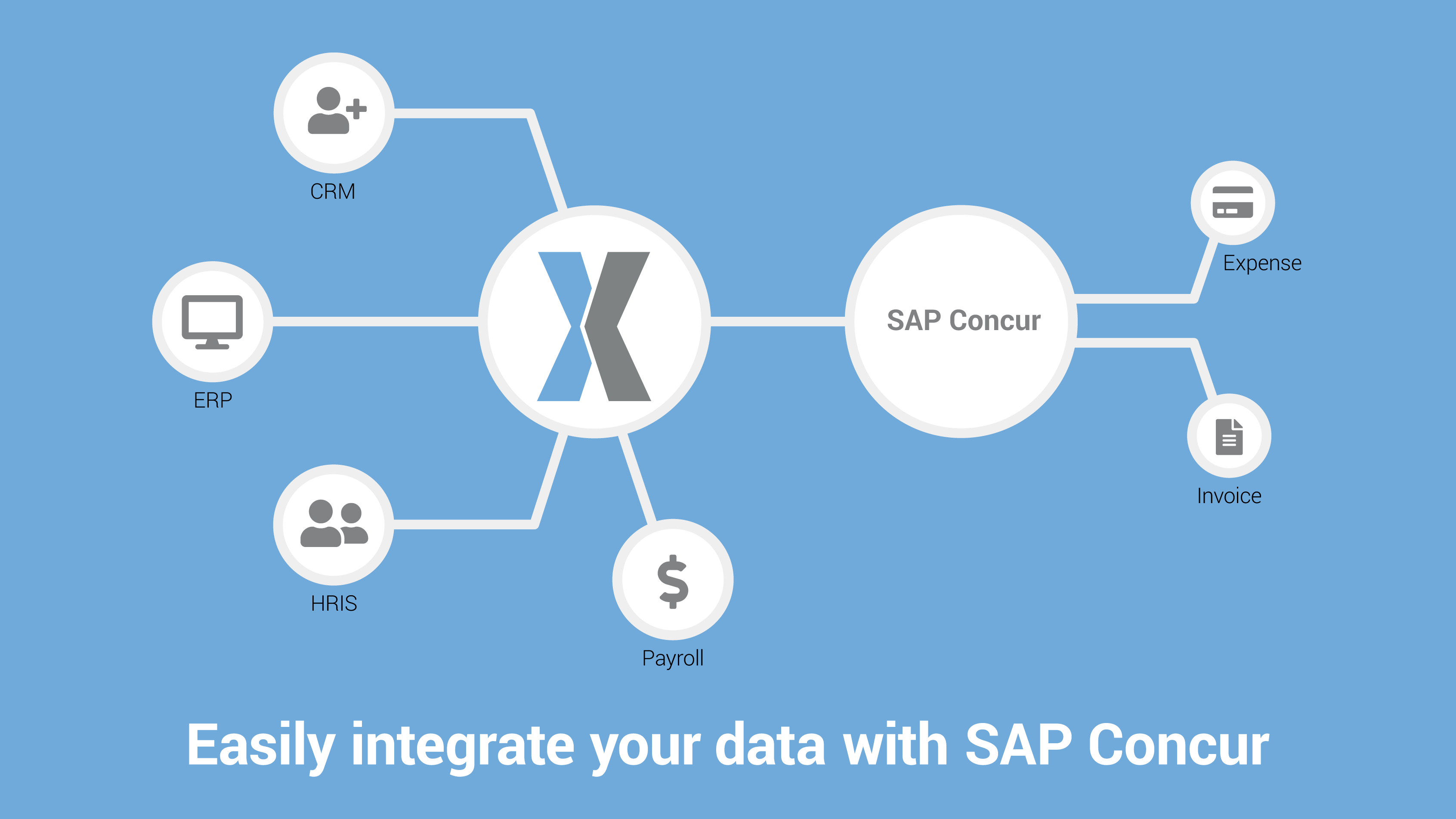In the business world, things are always changing. Customers’ needs and wants to evolve, technology advances, and competitors enter or leave the market. To stay ahead, businesses must be able to adapt quickly. This is where organizational agility comes in. Organizational agility refers to a company’s ability to rapidly adapt its structure and processes to meet the changing needs of the market. It’s essential for companies that want to remain competitive in today’s fast-paced world.
There are a few key things that contribute to organizational agility. First, companies need to have the right people in place. This means employees who are creative and adaptable, and who are willing to take risks. Second, businesses need to have flexible processes and systems in place so they can quickly change course when necessary. Finally, organizational agility requires effective communication between all levels of the company so that everyone is on the same page and knows what needs to be done.
Organizational agility is essential for businesses that want to stay competitive in today’s fast-paced world. Those that can adapt quickly to changes in the market will be better positioned to succeed in the long run.
Organizational agility is the term used to describe a business’ ability to rapidly adapt its structure and processes to meet the changing needs of the market. Organizational agility is essential for businesses that want to stay competitive in today’s fast-paced world.
Importance of organizational agility
Flexibility is key when it comes to organizational agility. By managing their growth flexibly, businesses can avoid the inflexibility that can lead to stagnation and decreased productivity. This approach also allows for independence, which is important for businesses that wish to maintain control over their own growth. And finally, by being productive, businesses can keep costs down and improve their overall efficiency.
Organizational agility is about more than just making changes. It’s about making the right changes, at the right time, based on feedback from the people who matter most. That’s why it’s so important to listen to employees and other key stakeholders when making decisions about growth. With their input, you can be sure that you’re always moving in the right direction.
Making changes based on feedback is an ongoing process, so it’s important to be prepared for future suggestions. By staying flexible and agile, you can make sure your business is always ready for whatever comes next.
What is the difference between agility and scalability?
Scalability is critical and it is the ability to increase or decrease your resources to meet critical needs. On the other hand, agility is the ability to react quickly to a situation and make the necessary changes with minimal downtime or loss.
In simple terms, scalability refers to the ability to scale up and down in response to changing circumstances. Agility, on the other hand, is all about the ability to move left or right to avoid a stumbling block.
Organizational agility is essential for businesses in the modern workplace. With the ever-changing landscape of business, it is more important than ever for businesses to be able to pivot quickly and effectively to stay ahead of the competition.
Organizational agility allows businesses to do just that – it gives them the ability to move quickly and adapt as needed to stay ahead of the curve.
It’s important to ensure that your company is scalable and agile. For a growth story as an entrepreneur or business owner, you’ll need these things:
Define your target audience in a thorough and well-informed manner
When it comes to defining your target audience, it’s important to be as thorough as possible. You’ll need to identify their demographics (location, age, gender, income level, etc.), as well as their psychographics (lifestyles, interests, values, etc.). This information will help you create messaging that resonates with them and drives results.
Understand the factors that influence value creation for your business and target market
To get a better understanding of what motivates people to buy, businesses must identify their core customer base. They should then produce prototypes and samples for those customers so they can observe how people interact with the products or services on offer; this will provide valuable insight into where improvements may be made to convince more consumers than ever before.
Approach growth in an iterative, learning-oriented way.
In this fast-paced world, where unexpected problems can happen at any moment, it’s better to grow iteratively. This allows you to learn as you go and adapt your business accordingly so that no surprises will ruin the day.
Develop self-managing and integrated teams that can scale with the company
Create small, versatile teams with all the skills and knowledge your organization requires. Cross-train members so they can adapt quickly to changes in task requirements during each iteration; figure out how best to utilize their abilities for success by organizing themselves accordingly.
Create a culture of constant improvement
While it is true that setbacks and challenges will be part of every business’s life, what matters most for success in this industry is how you respond after each fall. Learning from your mistakes and getting back up quickly is what defines a truly agile organization.
For many businesses, the journey toward organizational agility is a long one that demands significantly more time and effort than they can devote. To simplify this process for your company consider partnering with an expert MSP like FirstCall Consulting to help get you where you need to be faster.
Conclusion
If you’re looking for help developing organizational agility in your business, FirstCall Consulting is here to assist. We have the experience and expertise necessary to help you get where you need to be faster. Contact us today to learn more about our services and how we can help you grow your business.





